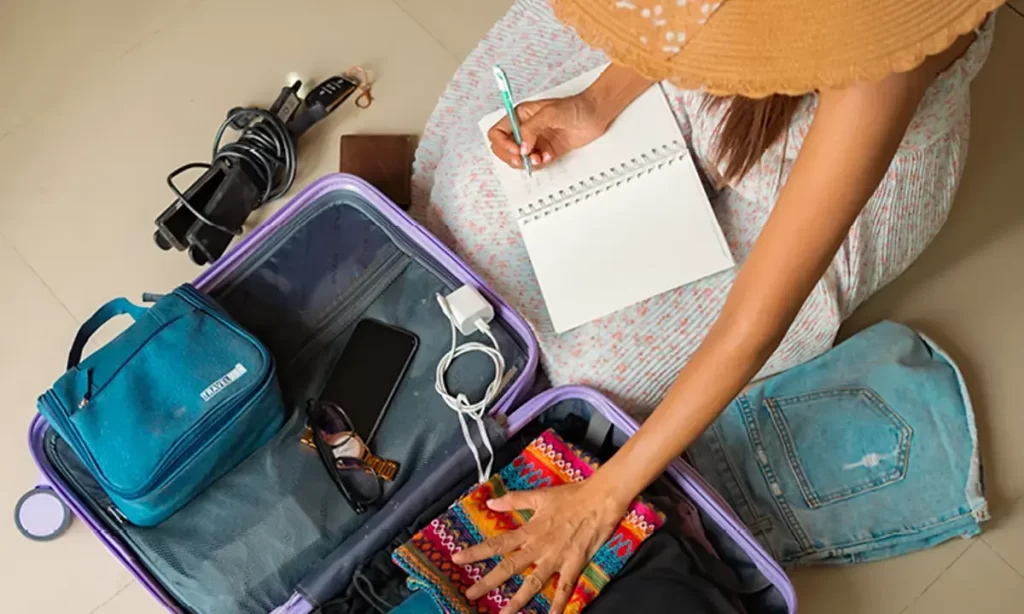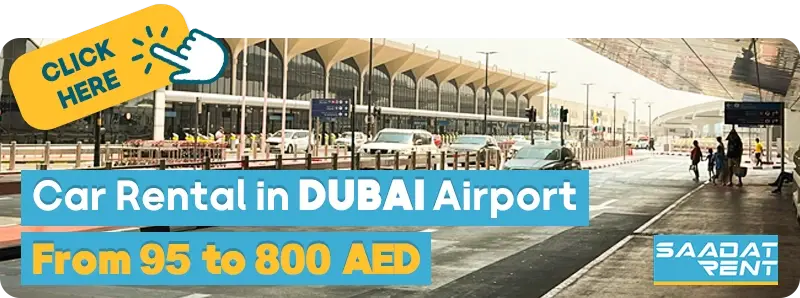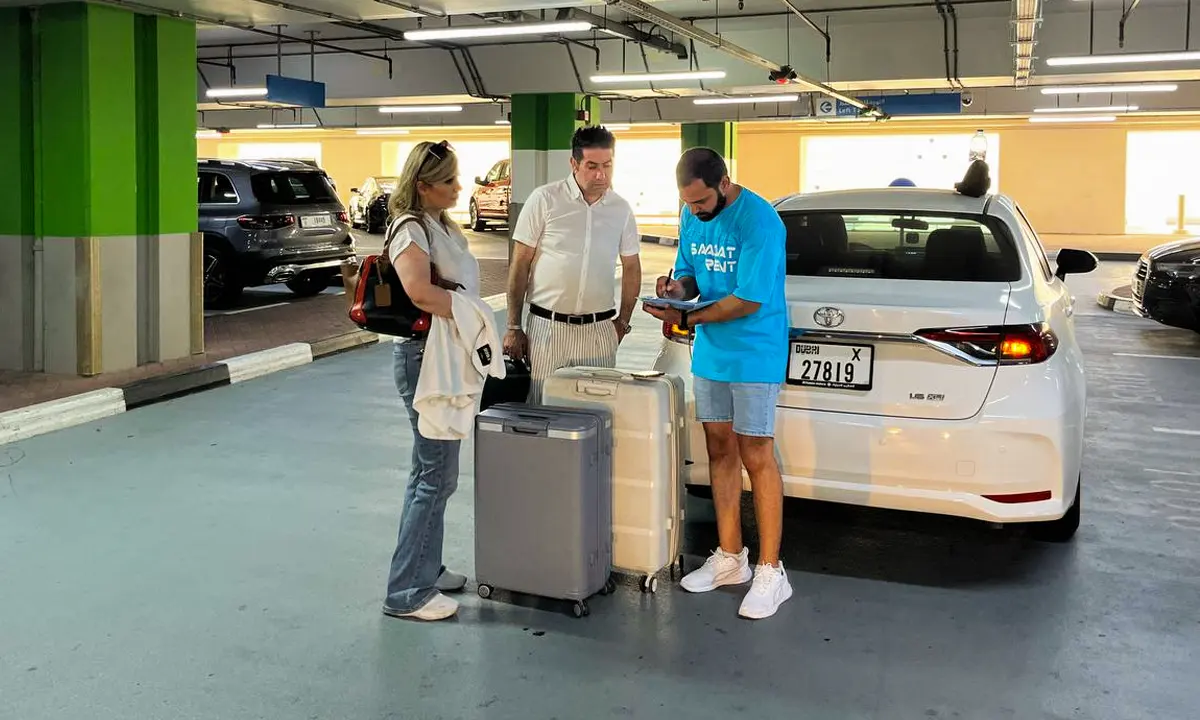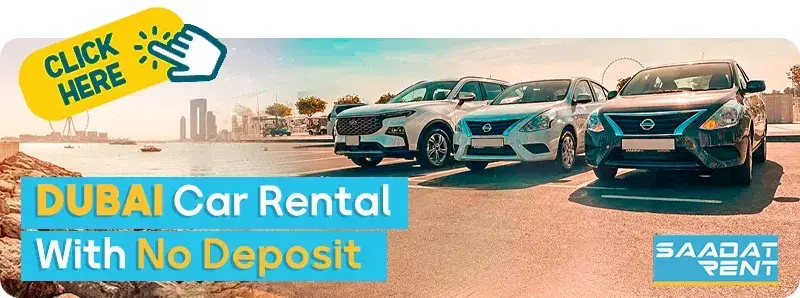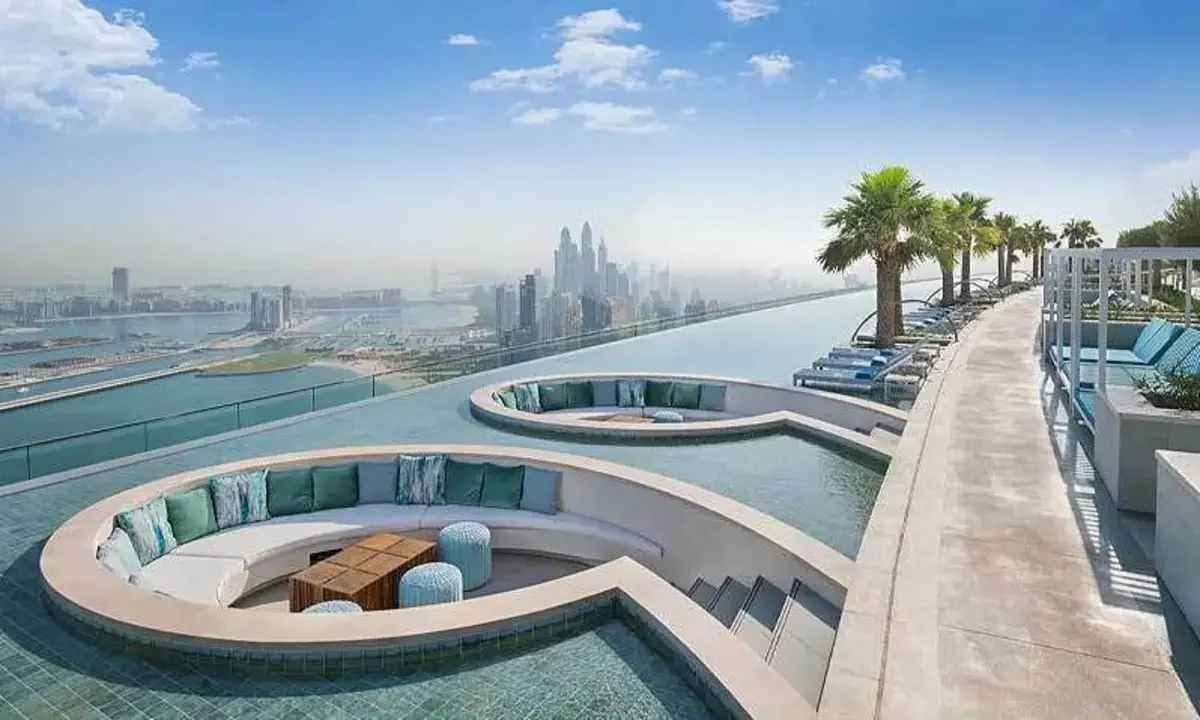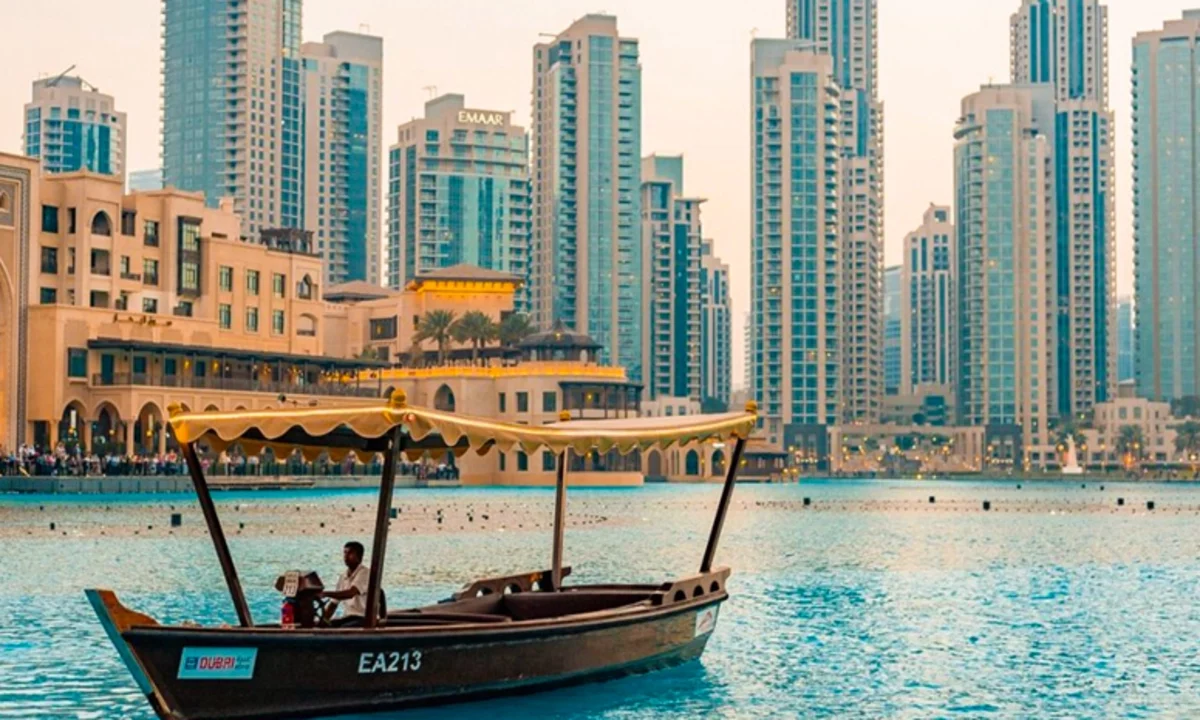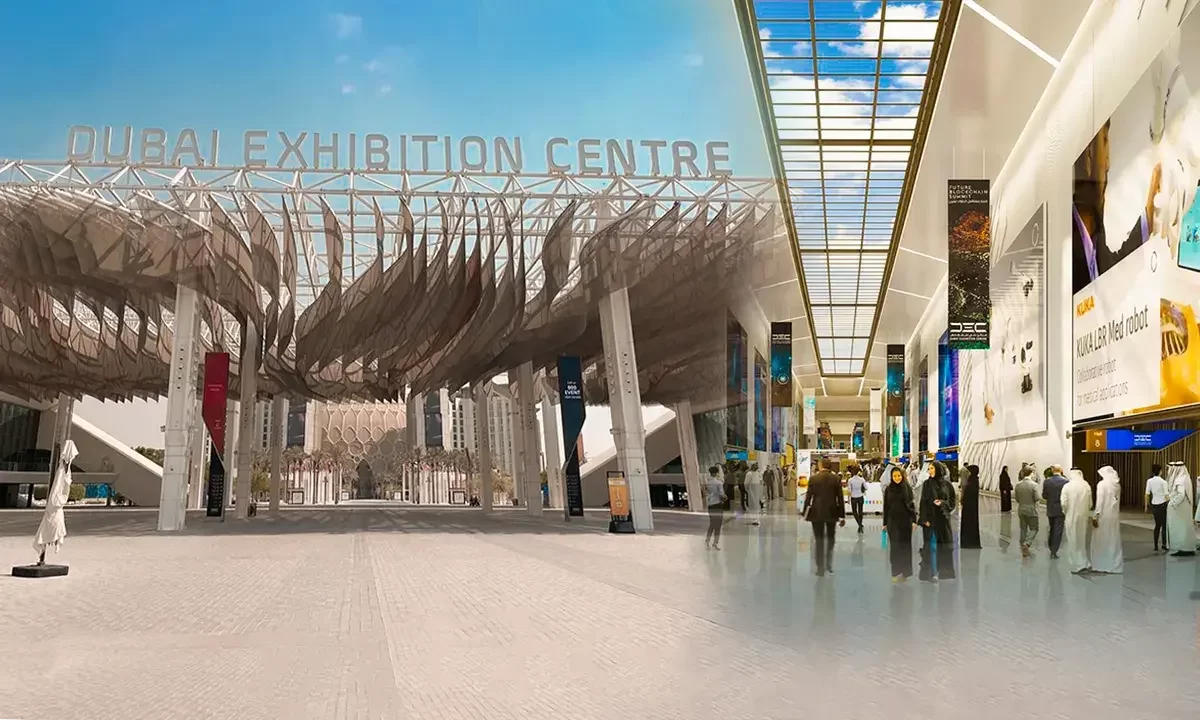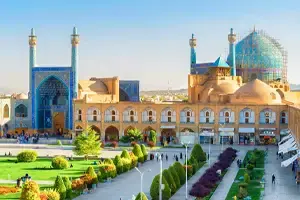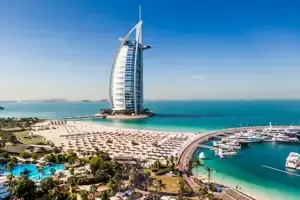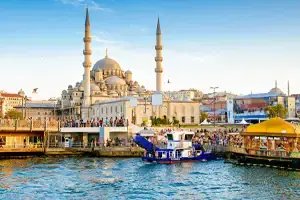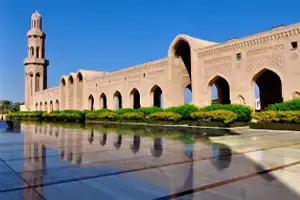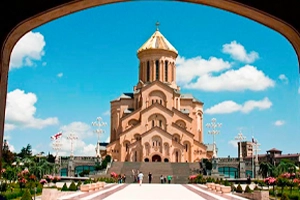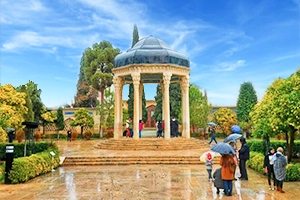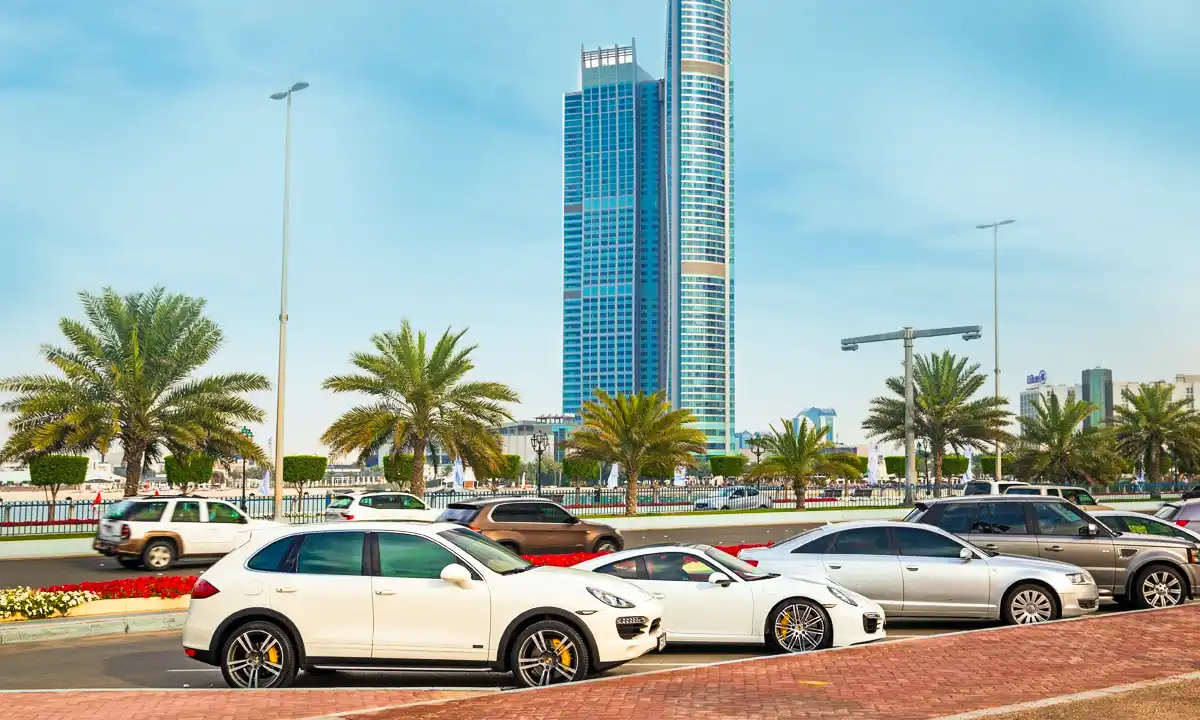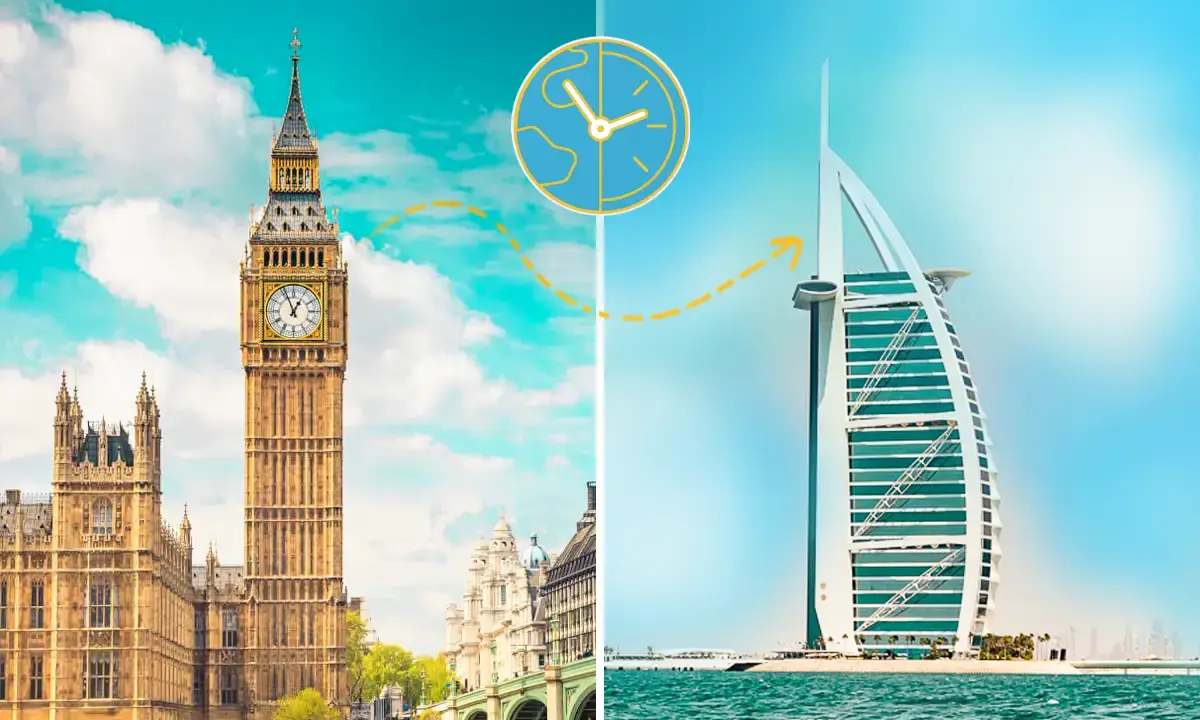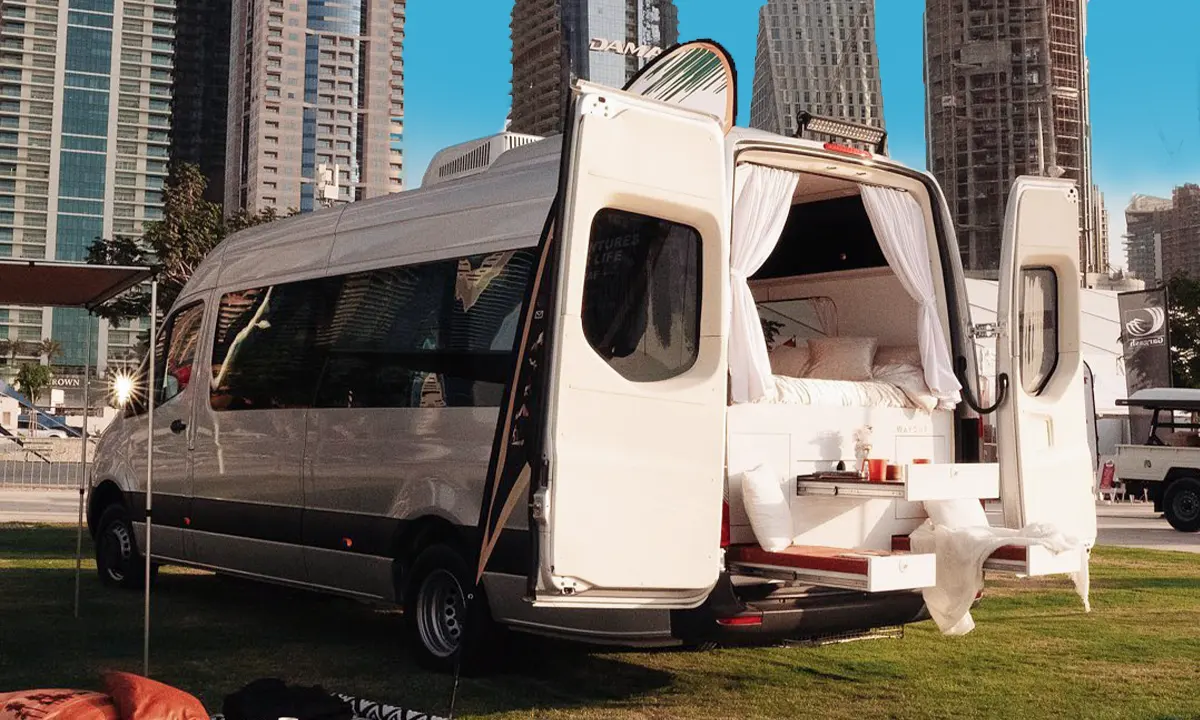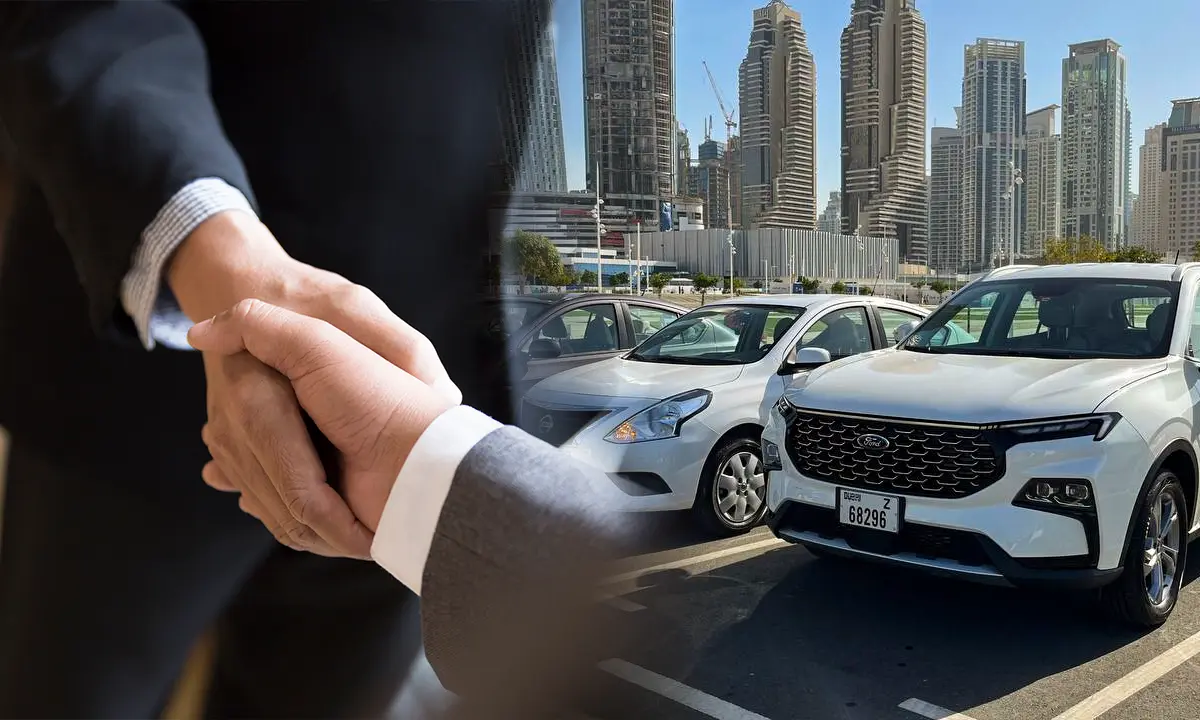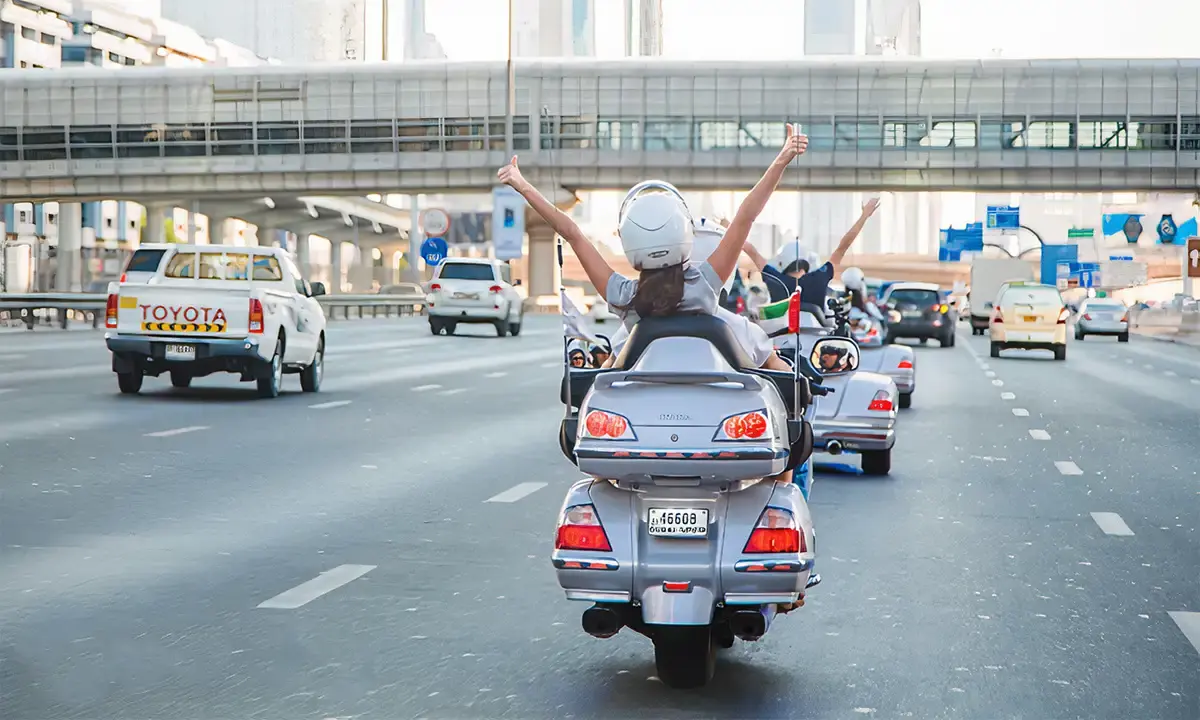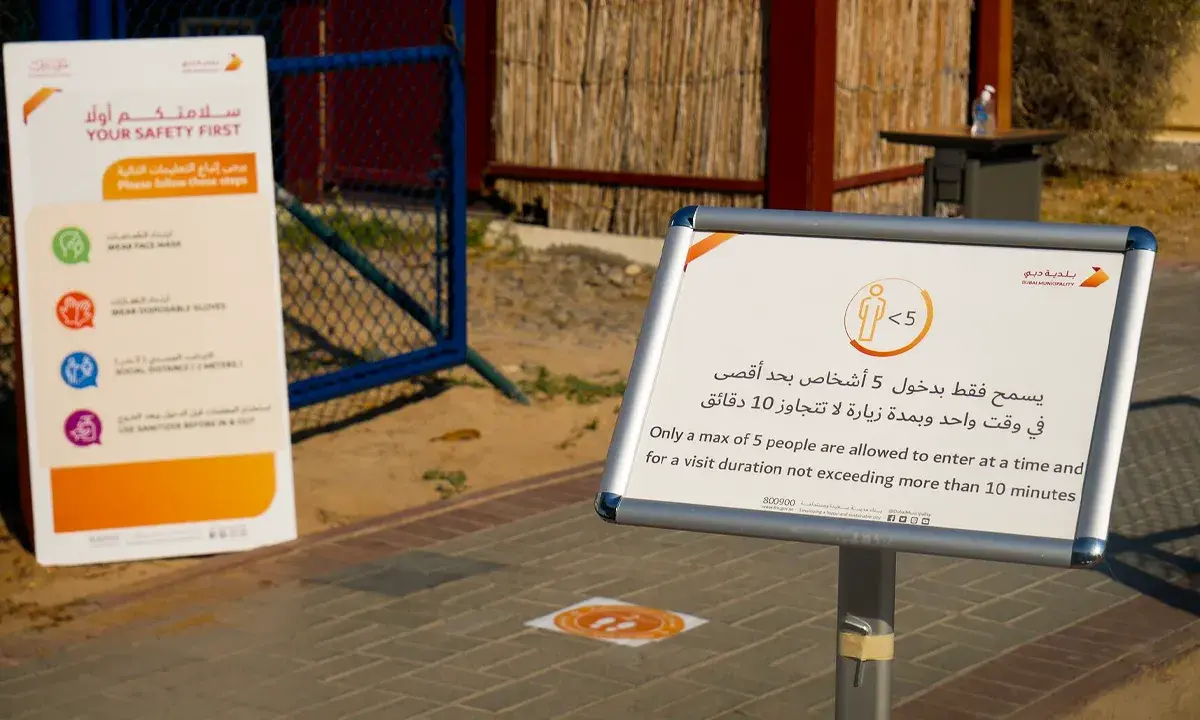As soon as you enter Dubai, you’ll need a place to stay the night, a car or any daily transportation method, a plan to whens and where to visit to have the best time
Table of Contents
General rules of thumb
There is a checklist of what you need to consider and take care of when you want to travel to Dubai, without any tour or any sort of travel package. This checklist includes Entrance, Flight, Accommodation, Transportation, Locations to visit, Entertainment in Dubai, Where to eat, and Where to shop.
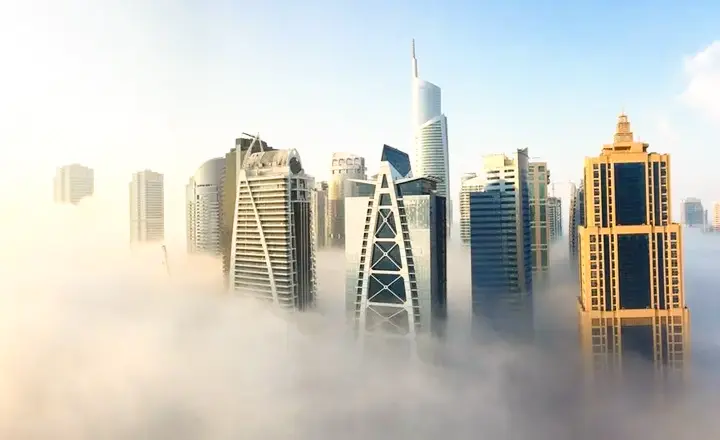
Entrance
Having a plan before entering Dubai is important. Getting your visa, as part of your preparation plans, has its own procedure to take care of.
Flight
As the last stage of your process of preparing for your great trip to Dubai, acquiring your tickets is the most important part.
Accommodation
Whether you’re in Dubai looking for a place to stay, or still in your home country looking for a place to reserve in Dubai, considering your options is a big part of your preparation for accommodation in Dubai.
Transportation
Well, now you’re in Dubai and trying to find ways to arrive at the places you want to visit in Dubai. Transportation methods, as vast as they are in Dubai, are important to be chosen carefully in the most optimum way.
Locations to visit
As part of your preparation plan for your journey through Dubai, knowing where you want to go and visit, to make your travel to Dubai richer, is a big burden to take on.
Entertainment in Dubai
Dubai is considered to be one of the birthplaces of innovation in both luxury and entertainment, having a solid guiding plan in Dubai about your entertainment choices, could be a great idea.
Where to eat
As long as you’re on your trip in Dubai, you’re eager to search for local food centers to try out foods that you either have searched, and wondered about trying, or just want to experience the local perspective of it.
Where to shop
As much as we want to deny shopping in the destination of our trips, we all can agree that shopping is one of the important parts of a trip, especially in Dubai.
Dubai trip preparation
Like any other destinations to travel to, Dubai is a place to “know before go” as well. According to holidify.com, there are some questions that will occur for any traveler. When to visit, what to pack, essential documents, common financial hassles, tracking electricity and
emergency, accommodation research, what to wear and how to dress up, about local etiquette, about equality in Dubai, capturing memories in Dubai, alcohol consumption, medications, public manners, transportation, about holy places, Arabic language, LGBT and Dubai, Food in Dubai, political gatherings, Dubai deserts and the sunbath.
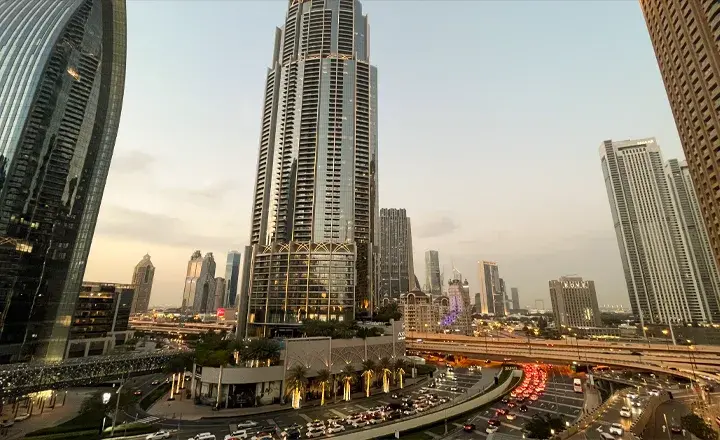
When to visit
Best Time:
November to March is the best time to visit Dubai when the temperature ranges from 30° C to 12° C, and the weather is reasonably comfortable. Moreover, the Dubai Shopping Festival is held in December, which is exquisite, and you get every product from brands across the world. Avoid:
However, it is better to avoid visiting in February due to torrential downpours during this month. Extreme Conditions:
Visiting Dubai in the month of April-October would be an uninformed decision as it would be almost impossible to go outside due to the hot and humid weather and you would be stuck to air-conditioned malls and fancy spas.
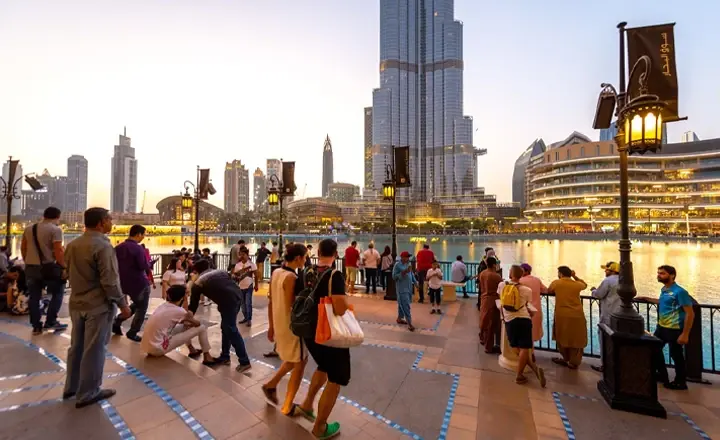
What to pack?
For your luggage, whatever you forget, do not forget to pack large bottles of sunscreen. Dubai weather is unforgiving, and it is recommended to carry sunscreen with the highest SPF formula you can find. Carry deodorants and body/face wipes, sunglasses, hats, water bottle, mosquito repellent etc
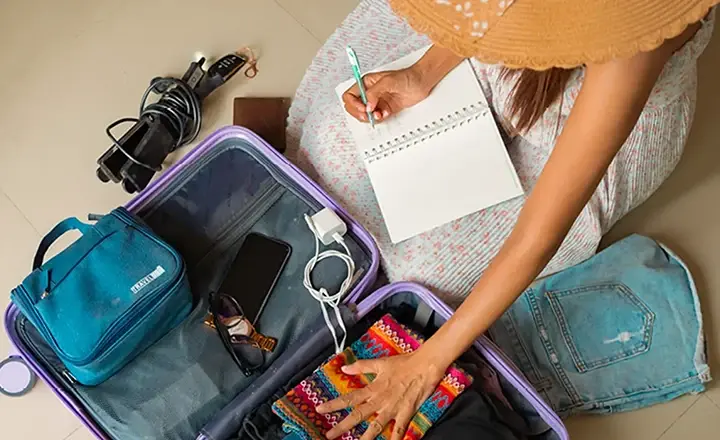
Essential Documents
Well, this is the most important part. Double-check and triple check your documents, make photocopies of them and carry the photocopies with you at all times while keeping the original documents locked in your hotel. Be sure to check with your local embassy for visa requirement which is prone to changes.
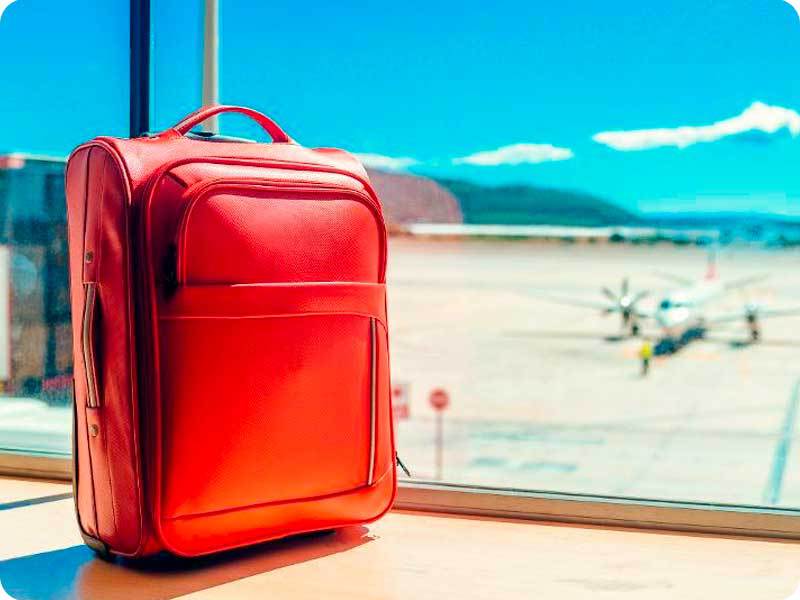
Common Financial Hassles
Money, however, is pretty safe to carry in the UAE. The official currency of the country is AED or United Arab Emirates Dirham, commonly shortened to DH. You can get your currency exchanged from many local shops which actually, tend to offer a better exchange rate.
International credit and debit cards are widely accepted too. Stealing is hardly a problem in the country due to its strict legislation. However, it is better to be safe than sorry.
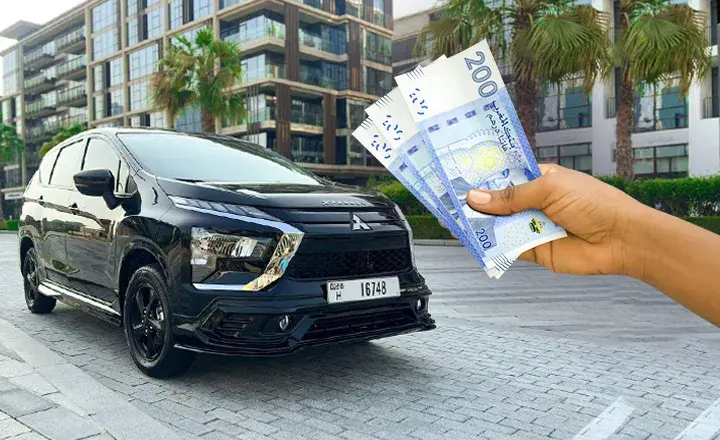
Track Electricity and Emergency
Make sure that you have your list of emergency contacts and an emergency number list of Dubai. UAE accommodates 220V electricity. Thus, be sure to carry a universal adapter and travel charger.
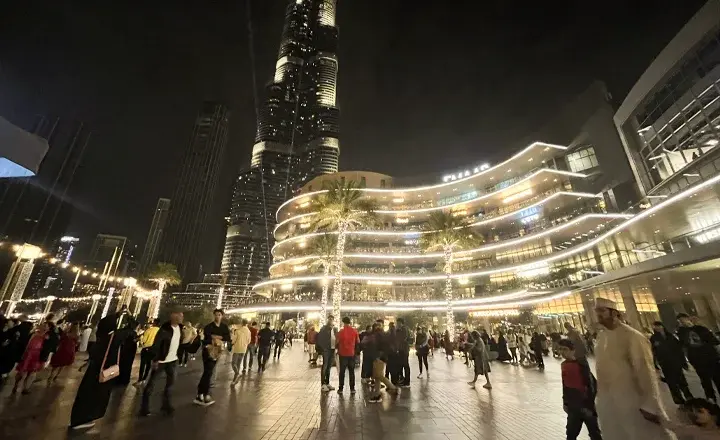
Accommodation Research
Do does not just jump into booking an expensive hotel. Read and research about your stay options keeping your budget in mind, for Dubai has something to offer to every traveler.
However, book in advance to avoid chaos. Flight tickets and hotels are exclusively cheap during summer, but you would practically boil should you choose that season to visit Dubai.
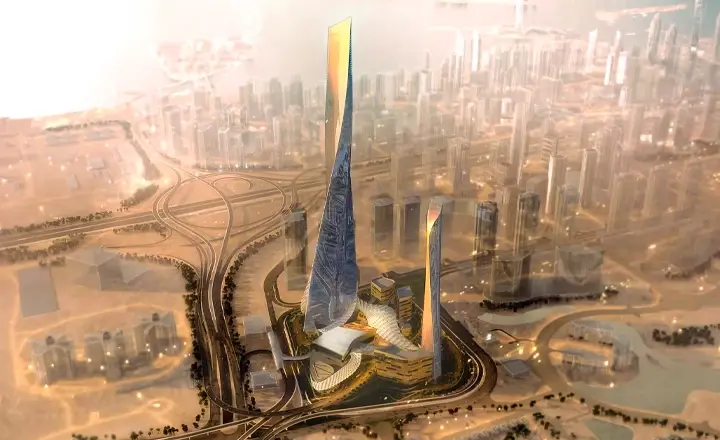
Dress Up Appropriately
In Dubai, it’s crucial to follow local rules to avoid legal issues. Public kissing, even a peck, is prohibited, and unmarried couples should book separate accommodations. Swearing and offensive language are also strictly forbidden.
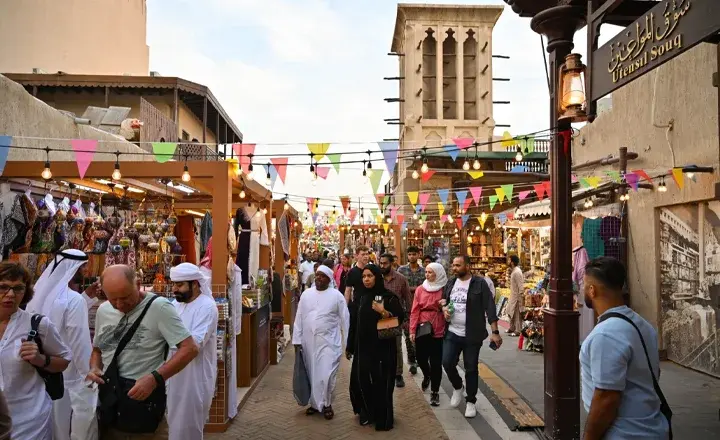
Observe and Note Local Etiquette
Dubai is relatively modern but has strict rules to follow. Public kissing, even a peck, is not allowed. Unmarried couples should book separate accommodations, and swearing or making offensive remarks can lead to legal trouble.
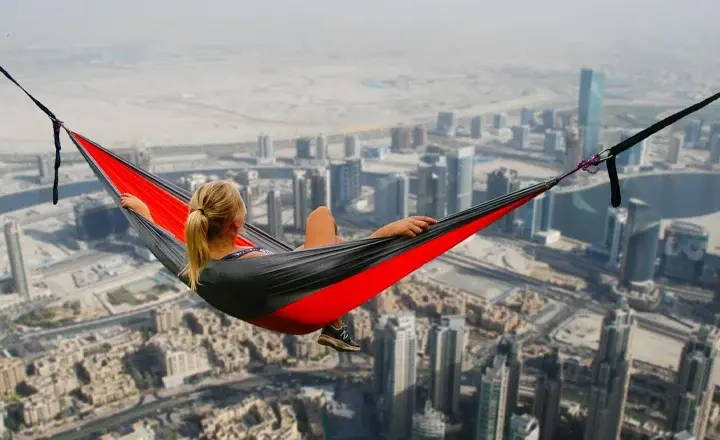
Equality in Dubai
In Dubai, women are respected, but it’s important to follow local etiquette. Avoid offering your hand for a handshake with men; instead, nod or smile. If you’re under 25, it’s wise to have someone accompany you for safety.
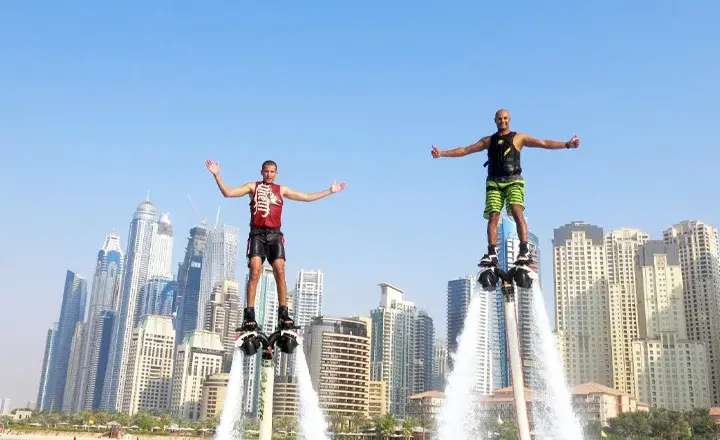
Capturing Memories
Going to one of the most hyped-out cities in the world and not clicking the picture is almost a sin! For all the photographers out there- yes, it is impossible to contain your excitement but also vital to remember a few tips. Please remember to ask someone for permission if you would like to take their pictures. Avoid taking pictures of Muslim women. Also, avoid capturing pictures of government buildings, airports, docks, military or industrial installations etc.
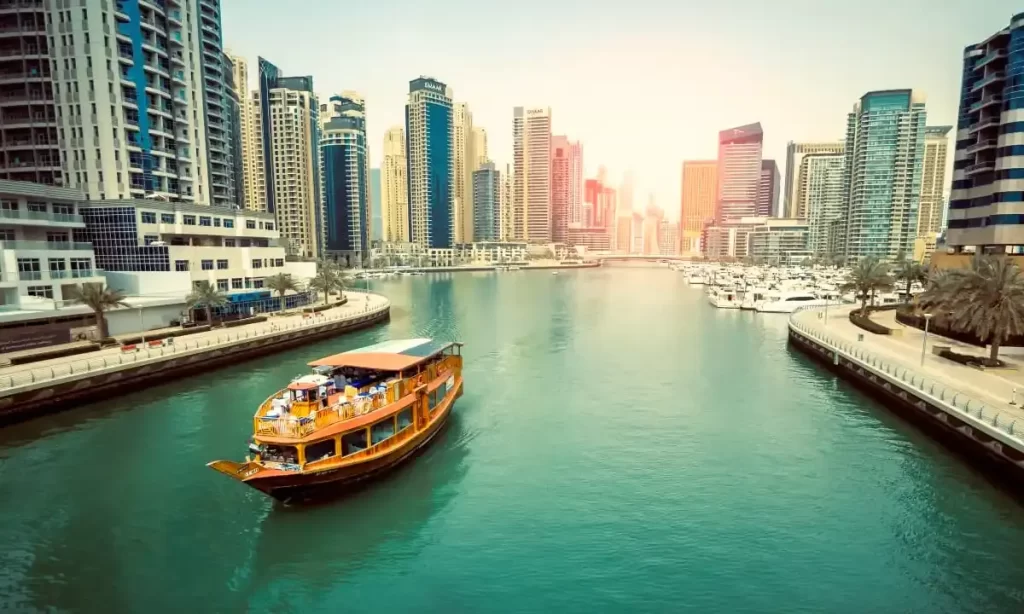
Alcohol in Middle East
In Dubai, you can enjoy a wide range of alcoholic beverages in restaurants, hotels, and bars, but you must be at least 21 years old, and some places may require you to be 25. To buy alcohol outside these venues, you need a liquor license, which can be costly. Duty-free alcohol is available at the airport, but there are limits and customs checks. During Ramadan, most places will not serve alcohol, even to tourists.

Medication and Drugs
Drugs are strictly prohibited, and Dubai has a zero-tolerance policy toward drug abuse. If you are taking medicines with you, do not, I repeat, do not forget your prescription. It is safer to carry only the amount you would need for the duration of your stay. Also, remember that poppy seeds are banned in UAE because it is a source of opium.
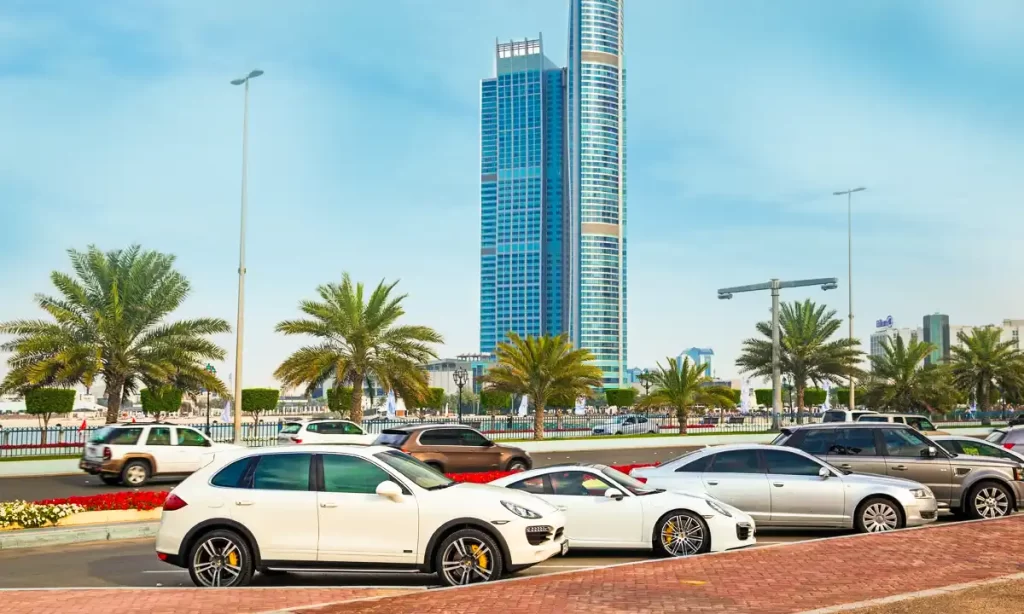
Ramadan, Eating in Public is Offensive
It is considered rude to eat in public places, especially public transportation in Dubai. Although visitors and non-Muslims are not prohibited from doing so, it is considered polite not to drink (even water) or eat in public during the holy month of Ramadan.
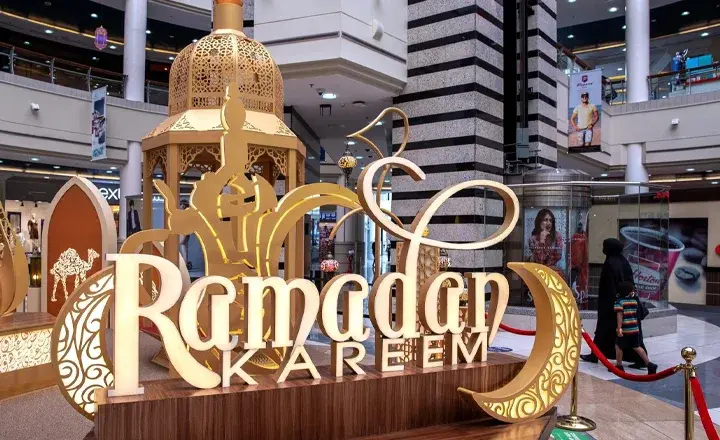
Transportation choices
Renting a car in Dubai is often cheaper than using private taxis and gives you flexibility in travel. You can choose from various models and either drive yourself or hire a driver. Ensure you have Google Maps and an international driving license, as vehicles drive on the right side of the road. If on a budget, opt for less luxurious models—most landmarks are easily accessible.
Prohibit the Footwear at Houses and Mosques
When visiting a mosque, dress modestly in loose-fitting, full-length clothes and cover your head if possible. It’s customary to remove your shoes before entering and use your right hand to give or receive items. If you have an abaya or kandora, this is a great opportunity to wear it.
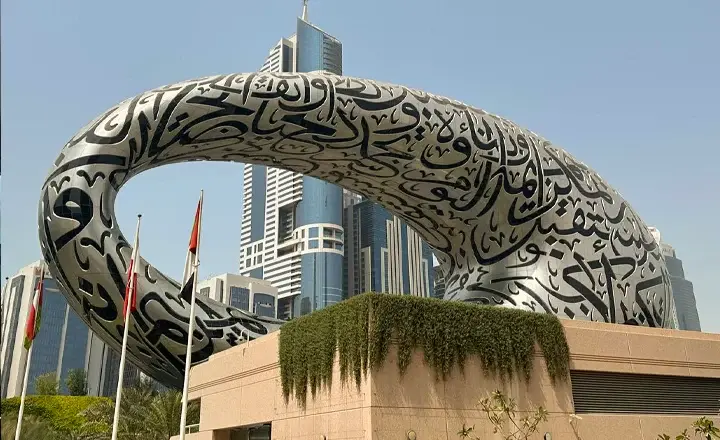
Knowing Arabic in Dubai
Well, it may surprise you, but a large proportion of the population in Dubai are immigrants from other Asian countries. You need not speak Arabic at all, as English is the most commonly used language in the city. Even Hindi, Urdu, Bengali, Tamil and Malayalam are quite standard due to the influx of Indians to the Gulf nations. Other than that, Chinese, Persian, Tagalog are among the numerous languages spoken in the city. Common Phrases: Inshallah – God has willed Shukran – Thank You

LGBT and Dubai
Since Dubai and the entire country of UAE follows a strict Sharia Law, any sexual relationship other than one of heterosexual marriage can result in punishment or deportation for a non-citizen. It is therefore advisable to not come out while you are in the country.
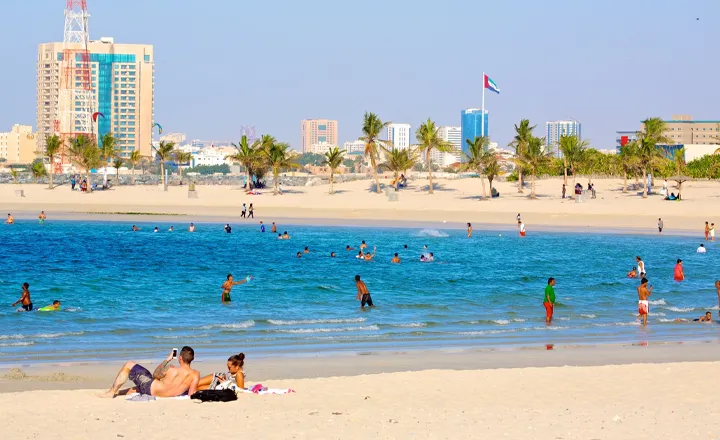
Food in Dubai
Dubai is a food lover’s paradise, offering everything from global cuisines at the Global Village to luxurious dining and delicious street food. Vegetarians may find fewer options, but non-vegetarians can enjoy local delicacies, shawarma, international dishes from India, Lebanon, and even familiar fast food like KFC. Hygiene is a priority, so you can dine with confidence.
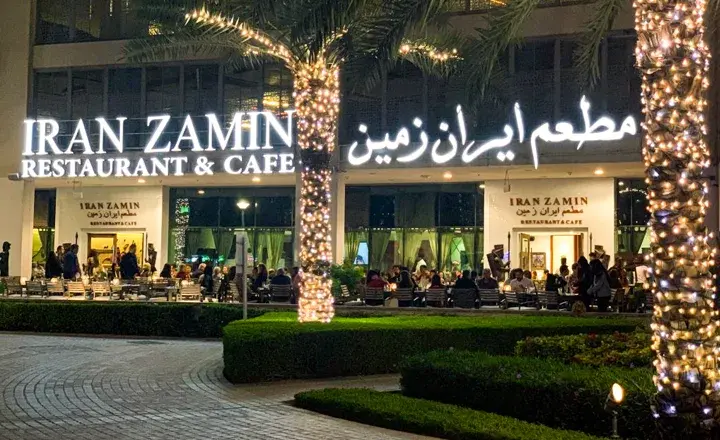
Keep Away From Political Gatherings
As a tourist, it would be a waste to ruin your stay by being dragged into unnecessary trouble. The Middle East nations are disturbed by terrorism. It is, therefore, best to avoid political gatherings or demonstrations as these areas are more prone to attack.
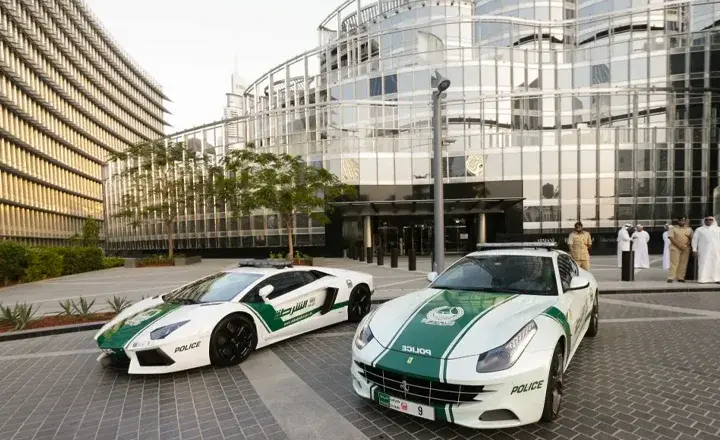
Desert and Sunbath Experience in Dubai
Last but not least, Dubai is so much more than the multistoried skyscrapers and shopping malls offering you a variety of brands. Divulge yourself in a day of sunbathing beside the Persian Gulf or take a safari to the red sands of the Arabian Desert. Do not forget the Dubai Creek where the city began or the beautifully structured Palm Jumeirah.
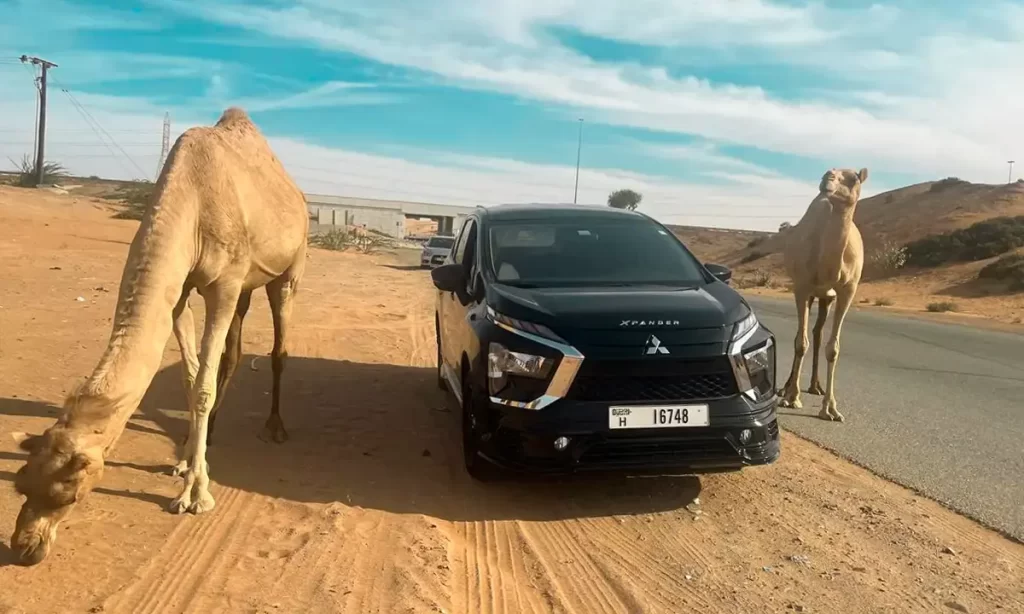
Accommodation in Dubai
There is a wide range of accommodation available in Dubai, from luxury hotels to more affordable options. Whether you’re looking for a place to stay for a business trip or a family holiday, you’ll be able to find something to suit your needs. Dubai is a bustling city with a lot to offer, so make sure you choose a place to stay that will give you the best possible experience.
Types of Accommodation in Dubai
Accommodation in Dubai falls into five main categories:
- Luxury Hotels: Perfect for enjoying Dubai’s nightlife and shopping, offering top-notch amenities in prime locations.
- Serviced Apartments: Ideal for families or long-term stays, providing more space and privacy.
- Holiday Homes: Great for escaping the city’s hustle and bustle.
- Villas: Offer an exclusive, relaxing experience.
- Hostels: Budget-friendly options for travelers looking to save.
Hotels in Dubai
When planning a trip to Dubai, it’s crucial to choose the right accommodation to suit your needs. Here’s a quick guide to help you find the perfect place:
Types of Accommodation:
- Luxury Hotels: Ideal for those seeking high-end amenities and top-notch service, located in popular areas.
- Budget Hotels: Offer comfort at affordable rates, perfect for cost-conscious travelers.
- Serviced Apartments: Great for families or long stays, providing space and privacy with added amenities.
- Vacation Rentals: Offers a home-like experience, suitable for both short-term and long-term stays.
- Villas: Provide an exclusive, relaxing environment, ideal for those wanting privacy and luxury.
- Hostels: Budget-friendly options for travelers looking to save money.
Tips for Finding Accommodation:
- Determine Your Needs: Decide between hotels, apartments, or villas based on your length of stay and required amenities.
- Set a Budget: Choose options that fit your budget while offering the amenities you need.
- Research Locations: For beach access, consider Jumeirah Beach. For shopping and dining, Downtown Dubai is ideal.
- Compare Amenities: Look for key amenities like a swimming pool, fitness center, and restaurant. Proximity to attractions is also crucial.
Things to do in Dubai
Top Places to Visit in Dubai
- Burj Khalifa: Visit the observation decks on the 124th, 125th, and 148th floors for panoramic views of Dubai.
- Dubai Fountain: Watch the world’s largest choreographed fountain show, synchronized with music, located at the Burj Khalifa complex.
- The Dubai Mall: Explore over 1,400 stores, a large aquarium, ice rink, and more in one of the world’s largest shopping malls.
- Desert Safari: Enjoy dune bashing, sandboarding, camel rides, and an Arabian dinner with entertainment in the desert.
- Global Village: Experience a cultural and entertainment theme park with attractions from around the world (October to April).
- Dubai Miracle Garden: Admire the stunning floral displays and unique arrangements in this seasonal garden (October to April).
- The Dubai Frame: Walk across the glass bridge and enjoy views of old and new Dubai from the world’s largest frame structure.
- The Museum of the Future: Discover futuristic technologies and innovative solutions at this cutting-edge museum in the Financial District.
- Kite Beach: Enjoy water sports, particularly kite surfing, against the backdrop of the iconic Burj Al Arab.
- Palm Jumeirah: Explore this iconic man-made island with luxury hotels, villas, and attractions like Atlantis the Palm and Aquaventure Waterpark.
- Saltwater Creek: Take a traditional abra ride along Dubai Creek to experience the city’s historic trading routes.
- Gold Souk: Shop for high-quality gold jewelry in this bustling market, the largest gold market in the world.
- The Mall of the Emirates: Visit the shopping resort featuring Ski Dubai, the Middle East’s first indoor ski park.
- Skydiving: Experience a thrilling free-fall over Dubai or Palm Jumeirah, with spectacular aerial views.
- Dubai Aquarium & Underwater Zoo: See over 33,000 marine animals and walk through a 48-meter underwater tunnel at The Dubai Mall.
- AYA: Explore this immersive experience at WAFI City Mall with interactive zones and cutting-edge technology.
- Dubai Marina: Enjoy the luxurious waterfront lifestyle with upscale shopping, dining, and the Dubai Marina Mall Complex.
- Aquaventure Waterpark: Have fun at one of Dubai’s largest water parks with thrilling rides and relaxing cabanas.
- Burj Al Arab: Visit this iconic luxury hotel, known for its sail-shaped design, and enjoy its exclusive dining options.
- Ski Dubai: Experience indoor skiing and snowboarding at the world’s largest indoor ski park, located in the Mall of the Emirates.
Getting Around
To make the most of your visit and explore these attractions efficiently, consider renting a car. It provides the flexibility to navigate the city and visit these diverse locations at your own pace. With a rental car, you can easily reach the popular sites, enjoy the scenic drives, and manage your schedule conveniently.
Transportation in Dubai
Dubai Metro Overview
Inaugurated on 9th September 2009, the Dubai Metro is a convenient and efficient mode of transportation that has become popular among residents and visitors alike. Here’s a quick guide:
- Automated System: The Dubai Metro is one of the few driverless metro systems in the world, operated by the Roads and Transport Authority (RTA).
- Coverage: The metro network covers a vast area of Dubai, connecting major districts and extending across the 4114 square kilometers of the emirate.
- Travel Convenience: With approximately 50 stations distributed across seven zones, the metro makes it easy to travel from Al Qusais to Ibn Battuta Mall, a distance of about 45 km, in under an hour.
Lines and Stations:
- Red Line: Runs along the prominent Sheikh Zayed Road and passes by many of the major tourist destinations.
- Green Line: Serves the residential areas and connects various local neighborhoods.
Connections: While the metro provides excellent coverage, you may need additional transportation to reach the stations, especially during Dubai’s hot summers. Options include taxis and buses, which are easily accessible.
The Dubai Metro is an efficient and modern way to explore the city, making it a popular choice for both residents and tourists.
Public Buses in Dubai
As lovely the metro sounds, it still doesn’t have access to a lot of localities in Dubai, which is where the Dubai Bus comes to your rescue, perhaps one of the oldest forms of transportation in Dubai. Though it takes far more time to reach your destination than the metro, it is the more economical way to travel.
Dubai has an extensive bus system that is run by RTA and has around 193 bus routes and over 1,500 bus stations. It transports over 30 million people weekly. The Bus timetables can be found at the bus stations. To combat the Dubai summers, the buses, as well as most of the bus stops, are entirely air-conditioned and equipped with TVs. Various high-end brands, including Mercedes Benz, supply the buses.
The routes are color-coded and cover the entire city, making buses a practical choice for exploring Dubai.
Night buses operate from 11:30 PM to 6:00 AM, serving key areas and providing transportation options during the night.
You can use the buses with only the NOL cards; the cash system is not allowed. You board the bus, swipe your card at the machine, enter the bus, and take the seats.
Taxis in Dubai
The Dubai taxis are the most convenient method to get around the city, but at the same time, the most expensive. Taxis are found easily in all parts of Dubai and are incredibly well-maintained. If, however, you urgently need one and there’s no taxi around you, you can call the RTA for a cab (8009090), but this also means that the fare would be high. The minimum wage to pay to get to anywhere is around AED 12.
The fare during the nighttime, roughly from 11 PM – 4 PM, is pretty high. However, it is the safest and most convenient way to travel at night. The Red light on the taxi indicates that it is occupied. So, search for the yellow light when you hail the cab. Private taxi booking services like Uber or Careem are also easily available.
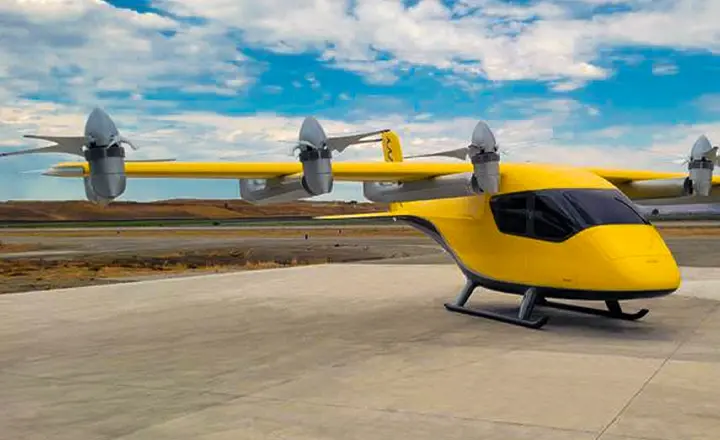
Tips of Using Public Transportation in Dubai
The peak hours of traffic are from 7:00 AM – 10:00 AM and 4:00 PM – 7:00 PM; avoid traveling during these times to prevent congested space and unnecessary delays in your schedule.
- There are a set of rules to follow, like no eating, no drinking, There will be hefty fines
for those who are seen violating these rules. There are CCTV cameras installed in almost all types of public transport, so be careful and obey the rules.
- Walking is not recommended during the Crossing the roads anywhere except on
the zebra crossing is prohibited, and if caught, you’ll have to pay a hefty fine. Many often resort to using a taxi to cross the road!
- Buy a Nol card from before if you are staying for more than a day, and pre-load it with enough You can buy these cards at any metro station.
- There are designated seats/areas for women and children in metros, buses, , and if men are seen here, they can be fined or even imprisoned.
- There is heavy traffic during the weekends (Friday and Saturday in the Gulf). However,
there is very little traffic in the mornings, so plan your trips wisely since, in the evenings, you’ll be stuck in traffic for long hours.
- rta.ae is an excellent way to plan your trips. It has the timetables, stop-overs, and even the maps of the routes taken by the buses, metros, etc.
Rental Cars in Dubai
Dubai, the glittering jewel of the United Arab Emirates, has long been a destination that beckons travelers with its promise of luxury, innovation, and cultural richness. This city of superlatives is home to the world’s tallest building, largest mall, and most extravagant lifestyles. But what really elevates the Dubai experience to the next level? The freedom to explore it all with unparalleled ease, thanks to convenient car rental services. In this guide, we’ll delve into what makes traveling in Dubai such a remarkable experience and why renting a car could be your golden ticket to unlocking the city’s treasures.
Why Renting a Car in Dubai is a Game-Changer
- Convenience and Comfort: Public transport in Dubai is efficient, but nothing beats the convenience of having your own car. This becomes particularly evident when you want to visit places not directly accessible by the Metro. With Dubai luxury car rental, you can traverse the city at your own pace, without worrying about timetables or crowded spaces.
- Extensive Choice Range: Whether you’re looking for luxury, efficiency, or speed, Dubai car rental services offer a variety of options to suit your needs. From high-end models like Bentley and Ferrari to efficient compact cars, there’s something for everyone.
- Explore Beyond the City: Having a rental car opens up the possibility of venturing beyond the city limits. Enjoy day trips to neighboring emirates like Abu Dhabi or the natural beauty of the Hajar Mountains.
Last Words
While it is comfortable to hop through the air-conditioned malls and hotels, Dubai is much merrier if you know the right places. With the travel tips mentioned above, you are sure to enjoy a gala time in Dubai if you plan all the right places during the right time!
Dubai has a few of the most amazing landmarks. From the world-famous shopping malls to record-shattering hotels and buildings. So it is no surprise that the city is also one of the major tourist destinations. While the city and the experience it provides is expensive, you can attain an opportunity to visit these places by the extensive public transport in Dubai. The Metros, the buses, and the taxis are the safest, most convenient, and cheapest ways to get around the city and visit the attractions. You can rent a Limousine or even a Helicopter to get around the city in style!
FAQ
Now, Let’s answer some questions:
Do I need a tour guide in Dubai?
What are the benefits of Dubai private guides? Discover the hidden gems, and experience the local culture. Learn the local customs and expectations especially since you may not be familiar with Muslim countries, and visit places you would never likely see by yourself or know how to navigate on your own.
Can I plan a Dubai trip on my own?
Yes, you can book a flight by yourself and a hotel by yourself.
How much money is required for a 7-day trip to Dubai?
There are still affordable options available, such as budget hotels and street food. A week-long vacation in Dubai can cost anywhere from $1,500 to $5,000 or more, depending on your preferences and travel style.
What is not allowed in Dubai as a tourist?
Offensive behavior. Swearing and making rude gestures (including online) are considered obscene acts and offenders can be jailed or deported. Take particular care when dealing with the police and other officials. Public displays of affection are frowned upon, and there have been several arrests for kissing in public.
